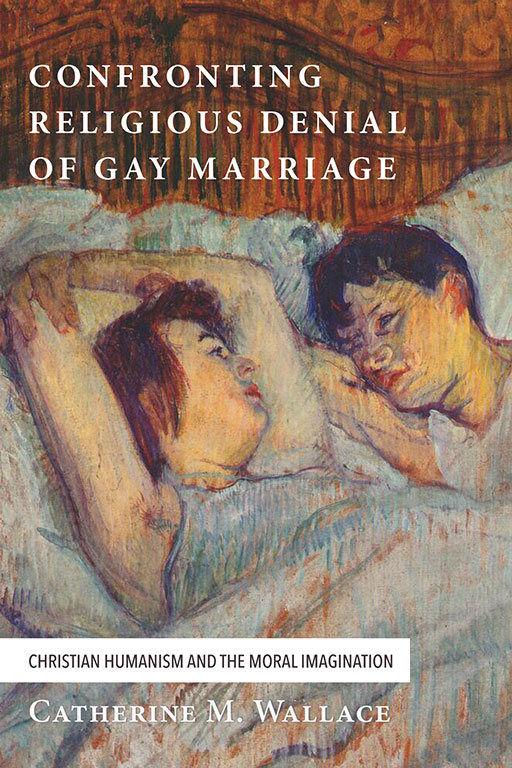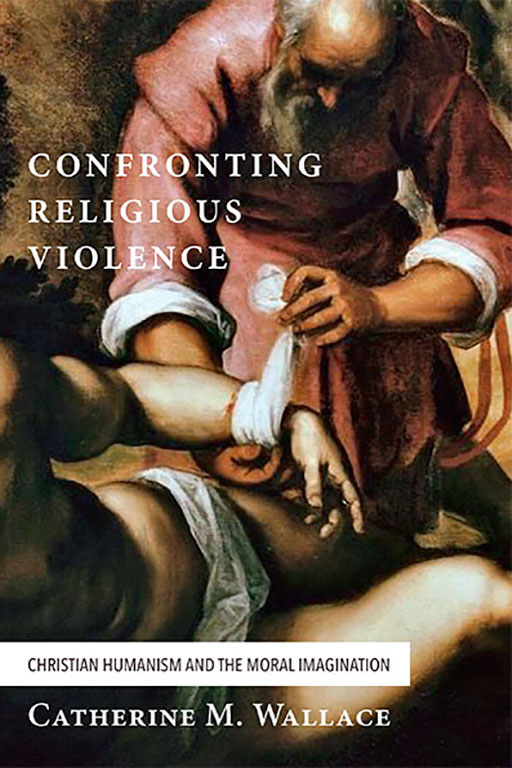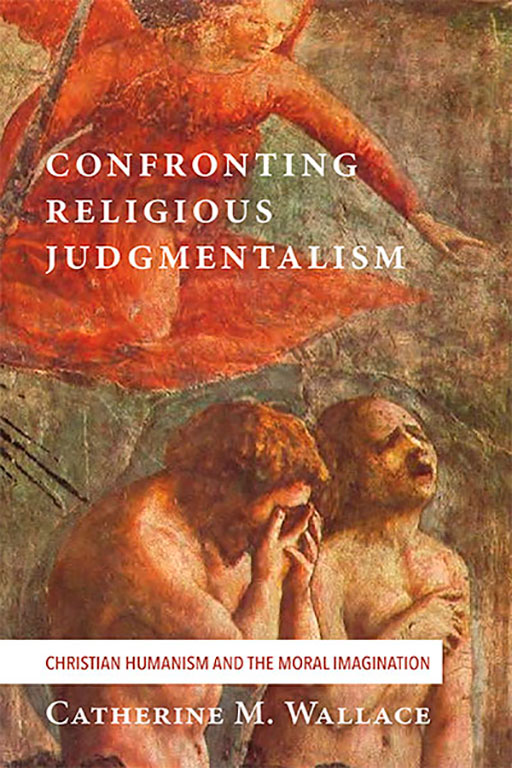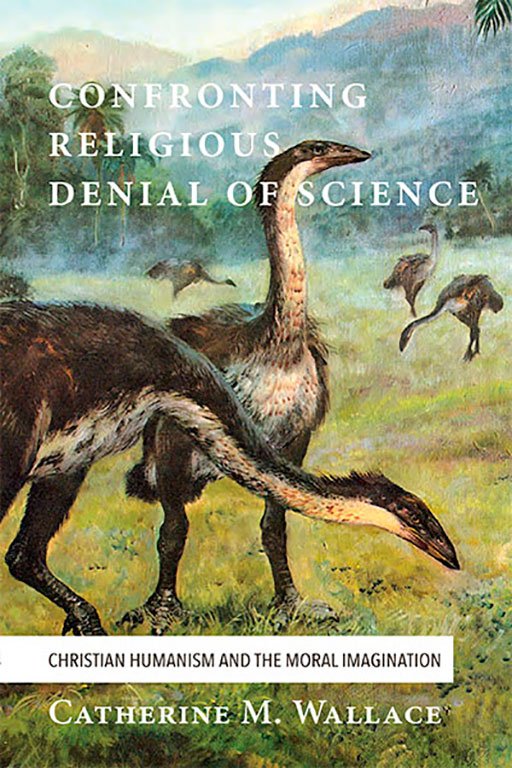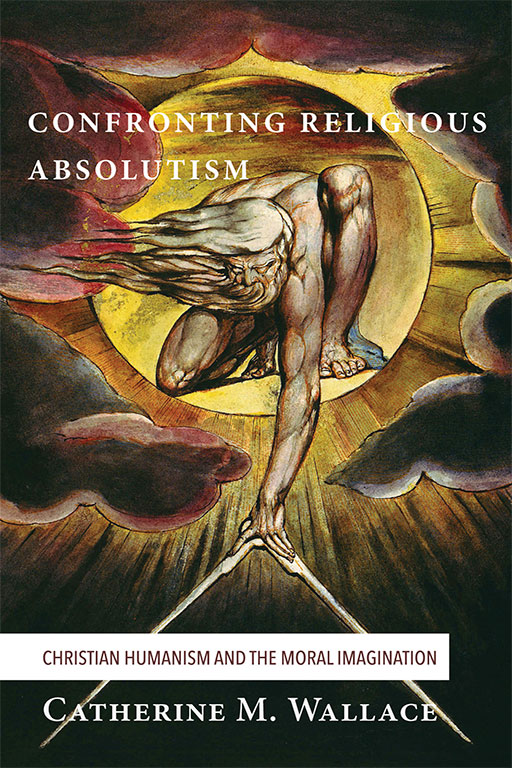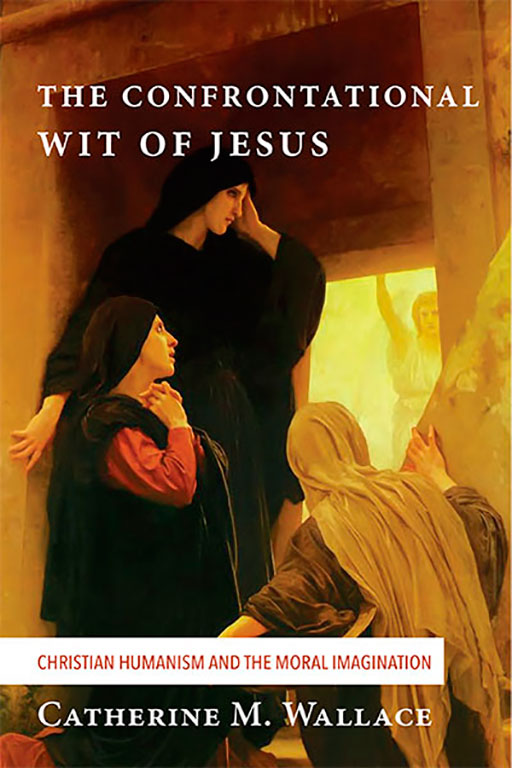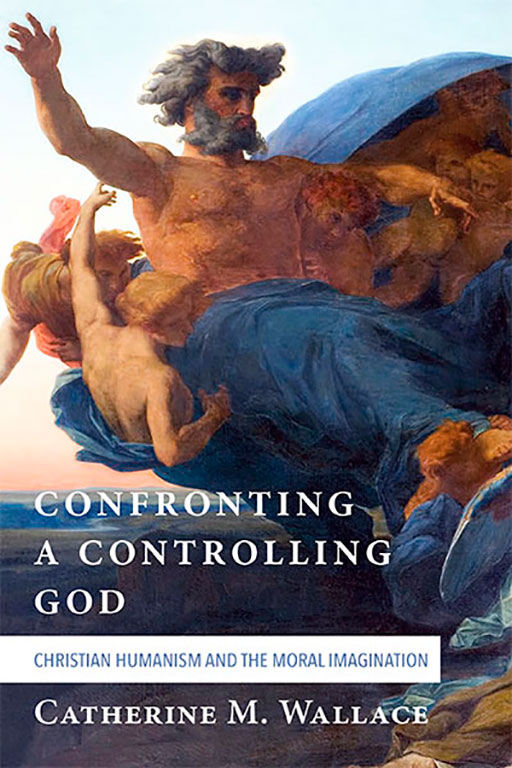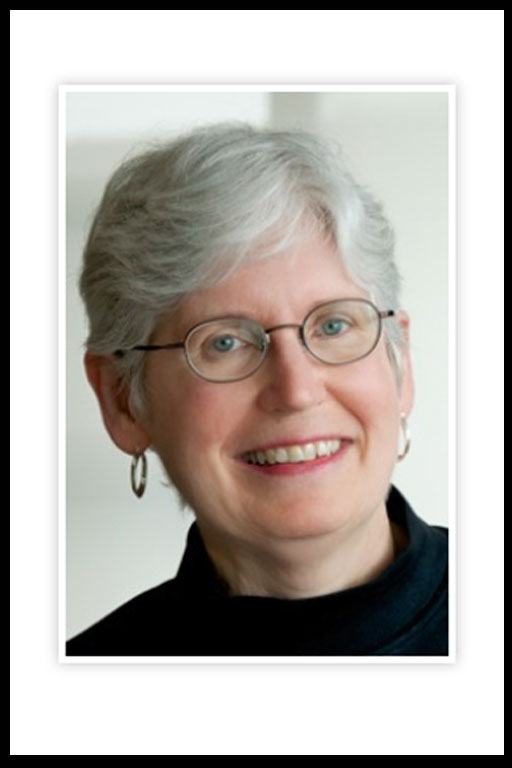Moral Imagination and the Defense of Democracy
The insurrectionists of 1/6, like the terrorists of 9/11, claimed moral legitimacy. The Saudi pilots cited Islam; marauders in the Capitol paused for prayer after they breached the Senate chambers. "Jesus Christ, we invoke your name," one man said; the group replied "Amen" then bowed their heads for a lengthy, somewhat garbled invocation that nonetheless began with transparently Christian rhetoric
Such pious pretense might seem silly, but it is dangerous nonetheless: 71% of white Christians voted for Trump in 2020. White supremacists falsely claim to be Christian, but their guns have real bullets. The Republican party has hijacked Christianity, misappropriating Christian symbolic resources and social capital as a weapon now aimed at the heart of democracy itself. This process began in the 1970s. Trump's attempted coup was its inevitable outcome
After 9/11, I realized that fundamentalist Christians offered a far greater threat to American democracy than Islamic fundamentalists with hijacked airplanes. I knew that if this profoundly autocratic movement ever got its hands on a sufficiently charismatic demagogue, he would be hailed as an ersatz messiah. Fringe anti-democratic elements in American culture would rapidly coalesce around him. Religious rhetoric would give this movement cultural authority within major segments of American society. Sooner or later, democracy itself would be threatened.
As I see it, democracy depends upon a cognitive skill called "moral imagination," which is our ability to recognize subtle patterns, to think symbolically, and to cope with paradox. Moral imagination is the antidote to fundamentalism. As Samuel Taylor Coleridge first explained in 1817, imagination is the cognitive opposite of fundamentalist rigidity, political extremism, literal-mindedness, and hostility. I wrote a book about that almost forty years ago.
Just as only a Muslim has cultural authority to refute claims to Islamic piety made by Isis or the Taliban, only a Christian can effectively refute fundamentalist claims to represent Christianity. I'm a Christian. In 2001, I realized that I have the expertise to confront them. I know cultural resources that can help others to confront them. That meant I had to do something. Urban-ethnic Irish Catholicism, radical 1960s nuns, and the good Jesuits had imprinted such trouble-maker obligations deep in my heart. The final volume of my Moral Imagination series was published by a major theological press in 2016, in the same week Donald Trump was elected president.
As all of us recognize, the moral and creative achievement of American democracy is now acutely at risk. In the Moral Imagination books, I examine cultural origins of five major characteristics of the fundamentalist Right: they are violent, judgmental, anti-science, anti-gay, and radically authoritarian. Point by point I retrieve classic Western resources that refute fundamentalist claims, especially their over-arching claim to represent the moral high ground in Western culture. The resources I muster are vitally important for pro-democracy activists seeking to establish a just and equitable society by making major moral claims of their own. Many of these resources are available but widely scattered and thus inaccessible to most people; many are relatively unknown except among scholars. None of them require anyone to believe Christian dogma about Jesus Christ; all of them are useful for refuting hard-Right politicians claiming to represent moral values. Two final volumes examine political satire in the gospels and authoritarian misappropriations of "God" as a concept: the powerful have been claiming religious authority for thousands of years. Jesus was (in effect) lynched for making people laugh about that. Laughter, he knew, was a weapon of mass disruption.
I hope my books help you to advocate more confidently and more effectively on whatever specific issues you feel called to engage. As Abraham Lincoln warned, "The occasion is piled high with difficulty, and we must rise with the occasion."
CONFRONTING FUNDAMENTALISM: CHRISTIAN HUMANISM AND THE MORAL IMAGINATION, A BOOK SERIES
THE KEY ISSUE
Order Books
Our Blog

BACKGROUND BRIEFING: RACE IN AMERICA

CAN A WOMAN BEAT TRUMP? THE CULTURAL STRUCTURE OF #SEXISTRIDICULE
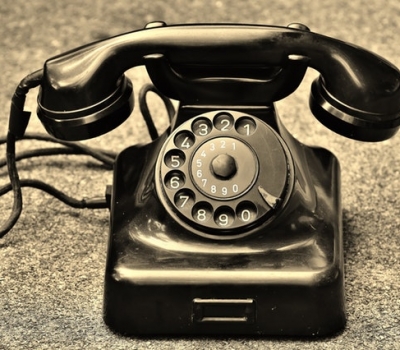
THE CALLS OF CONSCIENCE: NORTHAM AND POLITICAL EXPEDIENCY





